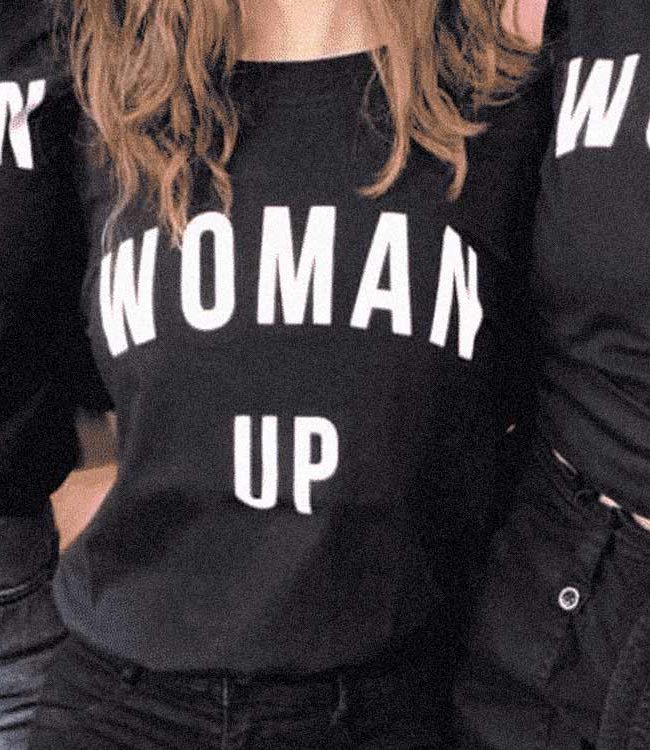Where it starts
Look, I’m going to be totally honest and tell you that my initial idea of Ditch the Label came from anger. It came from the anger towards the people who had bullied me and through feeling failed by the support systems that were available. Telling me to ignore it or advising that people were only cruel because they were jealous did not help. From my work as the founder & CEO of Ditch the Label, I have found that so many people still harvest anger towards the things that happened to them growing up. And I understand.
It took a great deal of time and work for me to overcome my anger, and as soon as I did – I saw things very differently. We, as a society, are angry towards those who have and do bully. We brand them as “bullies” and villainise them within the media, movies and culture. It’s bad to be a bully, we’re taught. It isn’t cool. It’s wrong. We’ve heard it time and time again, but we know that up to 1 in 2 teens are still being bullied. In order to overcome bullying, we must think differently about it. We must suspend our own personal experiences, as terrible as they may seem and look objectively at the situation.
[full-width-figure image= “https://dtl-staging.org/2020/wp-content/uploads/2015/04/liamblog.jpg” alt=”Liam Hackett think differently”]
What we do
We work extensively with young people on a day-to-day basis, and over time we have built up a lot of knowledge and best practice. We now have a greater understanding of those that bully than ever, and as a result, we are starting to steer our interventions towards providing support to those people. Why are we doing this? Well it’s simple really. Bullying is a learnt behaviour and more often than not, it is an aggressive reaction to a stressful situation.
The odds are that somebody who is bullying is having a tough time at home, or is even being bullied themselves. It is also a good indicator as to how the person doing the bullying sees themselves. For instance – if somebody is constantly poking fun at how others look, it is more than likely that it is to deflect away from their own appearance-based insecurities. Likewise with sexuality; homohate is usually down to insecurity and a lack of education. We must start to encourage the people doing the bullying to seek the support that they need and we need to step away from the villainisation if we want people to hold their hands up and to start talking about these things.
It’s not an identity
The problem does not lie within the person being bullied. Too much emphasis is on that. We should be focused on those doing the bullying and then we won’t have to provide the reactive support, as it will no longer be required. All too often, people blame themselves for their own bullying. “I was bullied because I was fat”, “It’s because I’m a lesbian” and “I’m black, so I stood out” are just some of the comments we hear young people say about themselves on a daily basis. No. The problem is not you. The problem is in the attitude and behaviour of the person doing the bullying.
In addition, it’s important that we stop branding people as “bullies” or as “victims”. It is not an identity. It is not who that person is and the situation should only be temporary. It is disempowering for anybody to ever see themselves as a victim or as a bully and it just becomes a self-fulfilling prophecy. We must encourage people to see themselves differently and we should be promoting things like meditation, mindfulness and body positivity to young people if we really want to encourage a generation of confident, diverse and esteem-rich young people.













